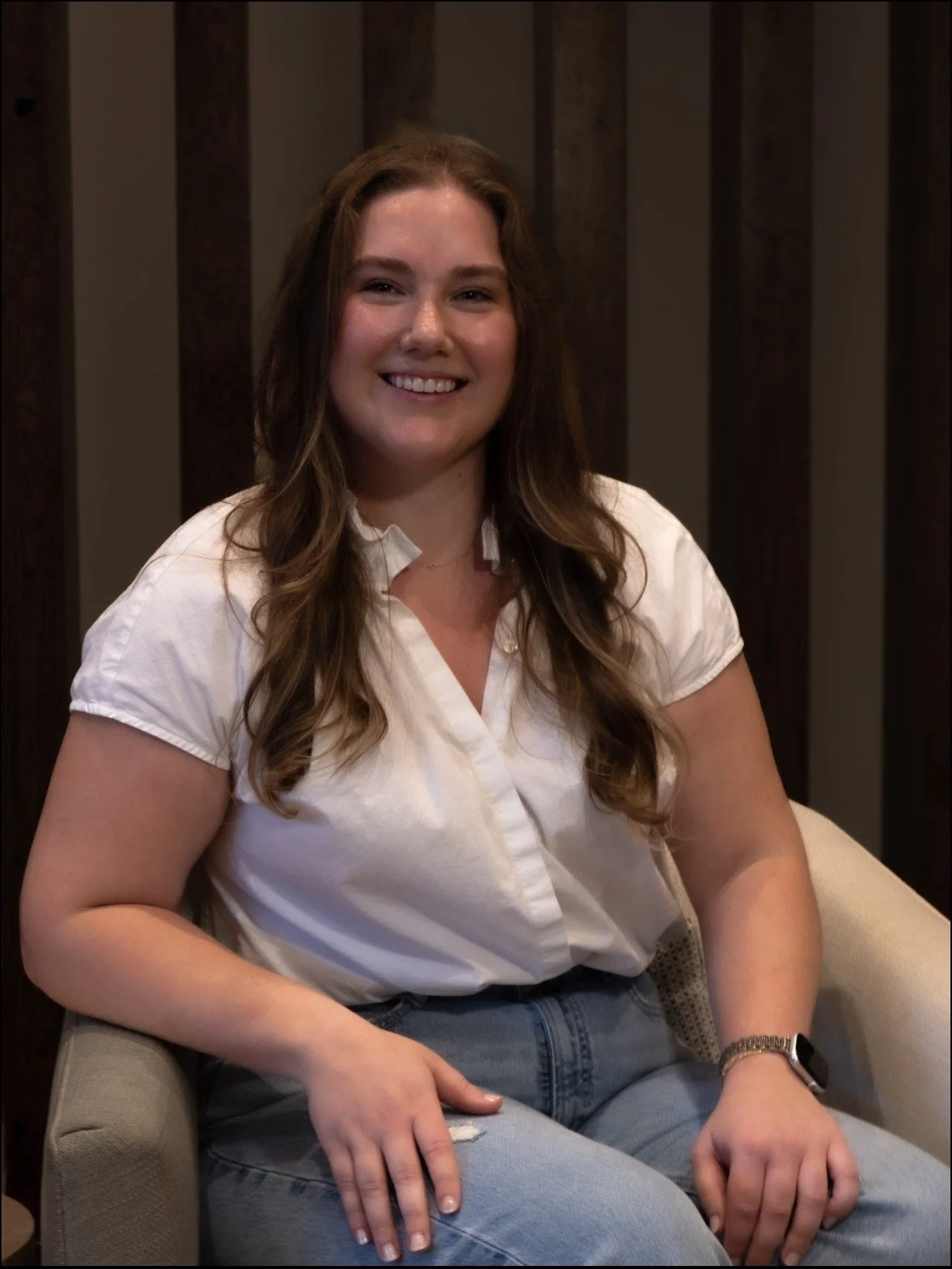Reclaiming Autonomy: My Approach to Healing Disordered Eating
As a therapist who works with individuals struggling with disordered eating, I take an anti-diet culture approach that prioritizes my clients’ autonomy, values, and well-being over rigid external expectations.
Why I Don’t Believe in Diet Culture
Diet culture often sends the message that our worth is tied to our appearance, body size, or our ability to follow certain food rules. This pressure can erode self-trust, leaving many people feeling disconnected from their own needs and overwhelmed by shame when they inevitably “fail” to meet impossible standards. Instead of teaching more rules or restrictions, I help people reclaim their sense of autonomy—the ability to choose for themselves what actually feels supportive and nourishing.
Learning to Trust Your Body Again
A key part of this process is strengthening interoception—the ability to notice and respond to the body’s internal signals. Many people with disordered eating feel cut off from these signals, either because they’ve learned to ignore them or because diet rules have replaced them. When clients begin to tune into hunger, fullness, fatigue, and emotional states with curiosity and compassion rather than judgment, they can build a healthier, more sustainable relationship with food and with themselves. This shift supports eating behaviors that are grounded in self-awareness and care, rather than external rules, which means food starts to feel less like a battle and more like a form of self-care.
Choosing Values Over Pressure
Equally important is shifting away from society’s expectations and exploring values-based motivation. Instead of asking, “What should I eat? How should I look?”, we ask, “What really matters to me?” For some clients, that means valuing energy and flexibility so they can participate fully in relationships or hobbies they care about (e.g., running around with their kids). For others, it means building a sense of peace around food so that eating is no longer a source of stress, and they can freely enjoy a meal out with friends. When they let their own values guide their choices, they start to see that diet culture doesn’t get to decide their worth. They do.
Reclaiming Autonomy and Choice
Ultimately, my goal is to help clients reclaim their sense of autonomy and choice. Healing from disordered eating is not about being “perfect” at adhering to rigid food rules or forcing the body to conform to societal ideals. It’s about cultivating a compassionate relationship with oneself, learning to trust internal signals, and making decisions guided by one’s own values. From that place of empowerment, meaningful and lasting change becomes possible.
My role as a therapist is to walk alongside my clients as they build that trust with themselves. Together, we focus less on what diet culture says they “should” do, and more on what actually supports their mental health, physical health, and quality of life.
Healing from disordered eating is possible. And it starts by coming home to yourself.
If this approach resonates with you, click here to schedule a free consultation.
